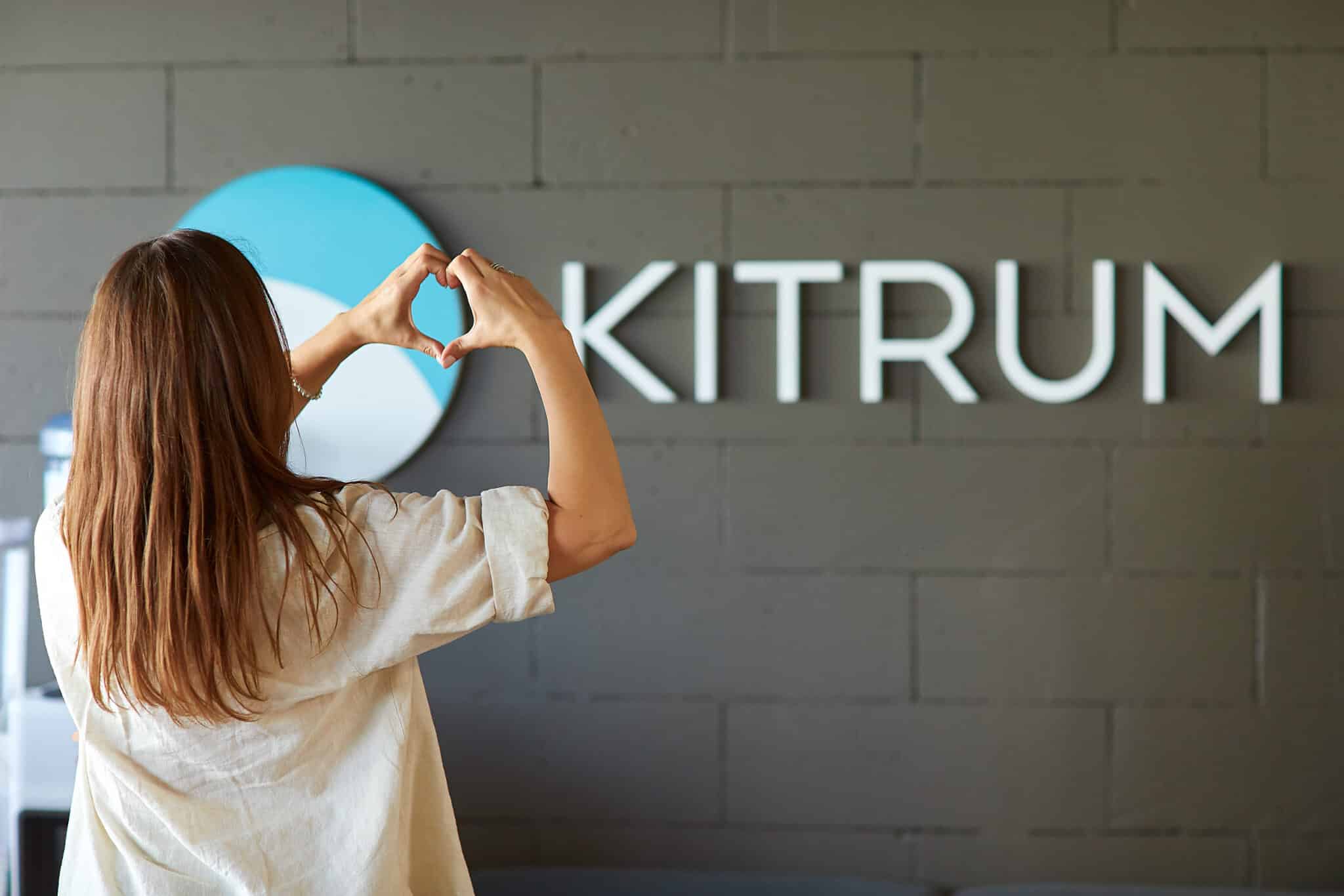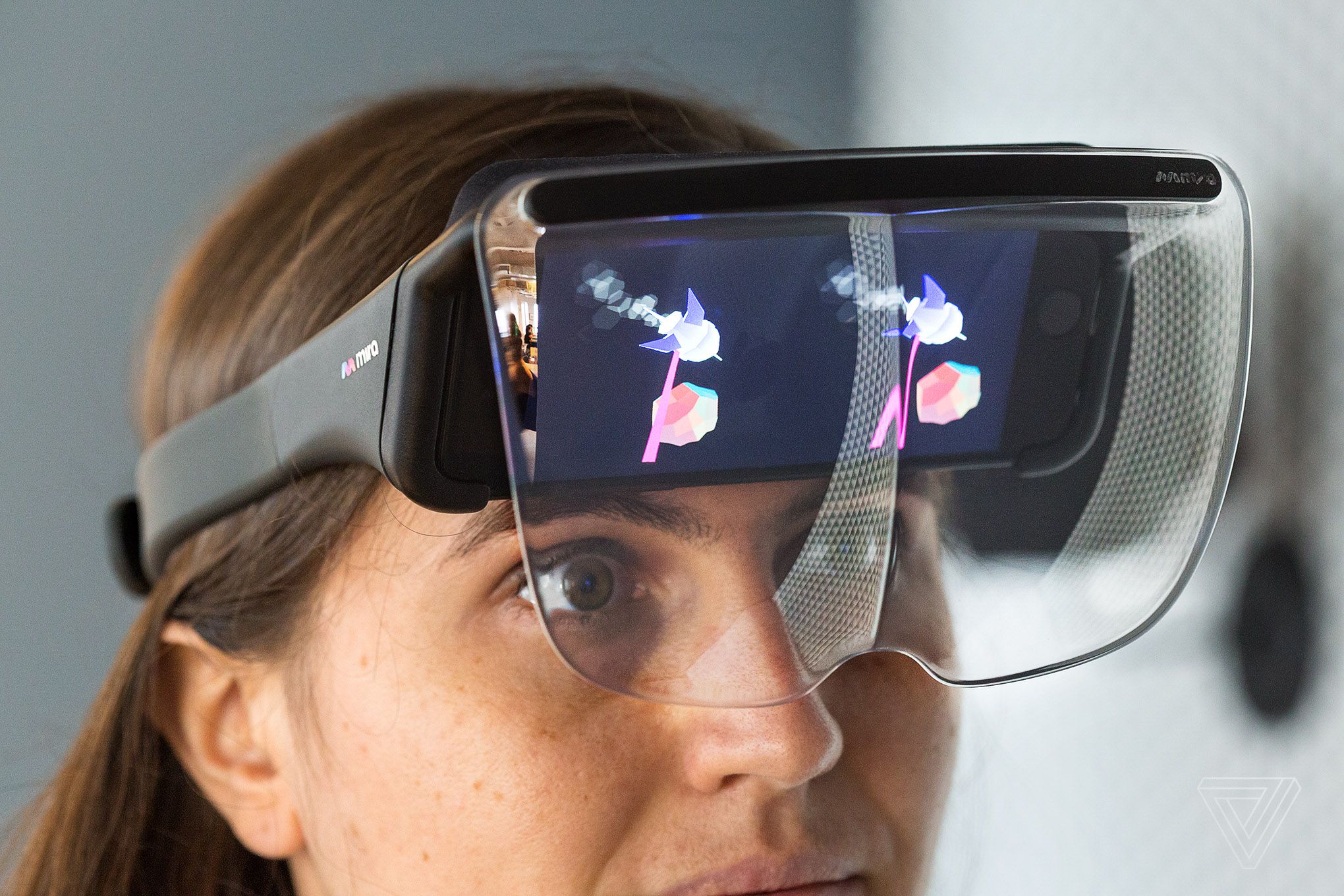Introducing you to our news digest, where we’ll bring you the latest AI and security updates. From experimenting with an AI chatbot by Apple to Elon Musk creating a new AI to understand “reality.” Let’s dive into the latest updates and important stories making headlines today.
AI
Apple is currently experimenting with an AI chatbot similar to ChatGPT
According to reports, Apple is developing AI tools, including a chatbot similar to ChatGPT, OpenAI, and Google. They call it “Apple GPT” internally, and it’s part of their strategy to compete with other players in the AI industry. Apple has designed its own framework called “Ajax” to create large language models, utilizing Google Cloud and Google JAX.
While a significant AI-related announcement is planned for next year, the company has yet to finalize its consumer release plan for this technology. Initially, the chatbot’s internal rollout faced security concerns related to generative AI, but it has since been made accessible to more employees with special approval. The chatbot currently aids in product prototyping, text summarization, and answering questions based on trained data.
Despite actively seeking generative AI talent, Apple has been more cautious in releasing generative AI products to the public than companies like Google, Microsoft, and Meta. Their focus is on addressing potential privacy concerns related to AI, and they are carefully integrating AI features into their offerings.
Meta introduces Llama 2, an upgraded collection of text-generating models designed to be more ‘helpful’
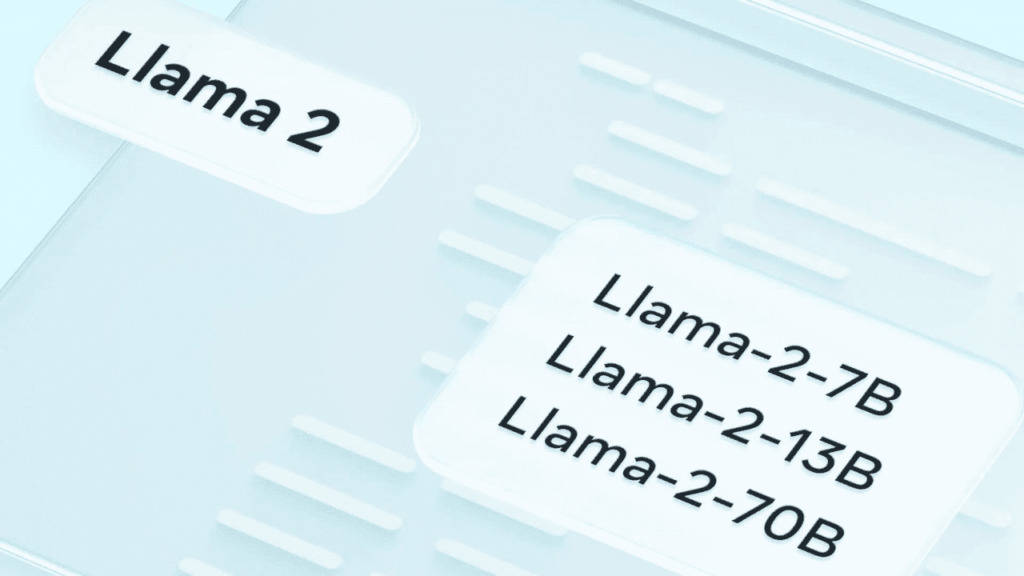
Meta has unveiled Llama 2, a new family of AI models for applications like OpenAI’s ChatGPT and Bing Chat. Unlike the previous Llama models, Llama 2 will be more widely accessible and free for research and commercial use on platforms like AWS, Azure, and Hugging Face’s hosting platform. The latest version was trained on two trillion tokens, showing performance improvements compared to its predecessor. Llama 2 offers two variants, Llama 2 and Llama 2-Chat, catering to different use cases and varying levels of sophistication.
While the models perform slightly below closed-source rivals GPT-4 and PaLM 2 in specific benchmarks, human evaluators rate Llama 2 as “helpful” on par with ChatGPT. However, the models do have biases and face challenges with toxicity and safety, prompting efforts to apply additional safety layers to reduce potential risks. Despite potential concerns, Meta emphasizes the importance of openly sharing large language models and encourages responsible usage of Llama 2.
Create websites in a snap: Wix launches a new tool that builds entire sites from simple prompts
Wix introduces AI Site Generator, a tool that allows users to create complete websites by describing their intent. The AI-driven tool generates web templates with text, images, and business-specific sections like events and bookings. Wix aims to streamline website building, especially for small businesses that struggle to launch and maintain sites. AI Site Generator uses prompts to create custom web templates, and users can further edit the designs using Wix’s editing tools.
Wix emphasizes the unique value of its AI Site Generator, which can automatically incorporate e-commerce, scheduling, food ordering, and event ticketing components. While generative AI models like ChatGPT offer benefits, there are concerns about potential misuse and low-quality content generation. Wix remains focused on combating these issues with various tools and moderation mechanisms.
EU keeps a close eye on Google’s Bard and other AI chatbots amid privacy concerns
Google’s AI chatbot, Bard, has launched in the European Union (EU) after making changes to improve transparency and user control. However, EU privacy regulators closely monitor the rollout, including the Irish Data Protection Commission (DPC) and the European Data Protection Board (EDPB). The DPC has required Google to conduct a review and report back in three months. The EDPB has a task force focused on AI chatbots’ compliance with GDPR, which now includes Bard’s matters.
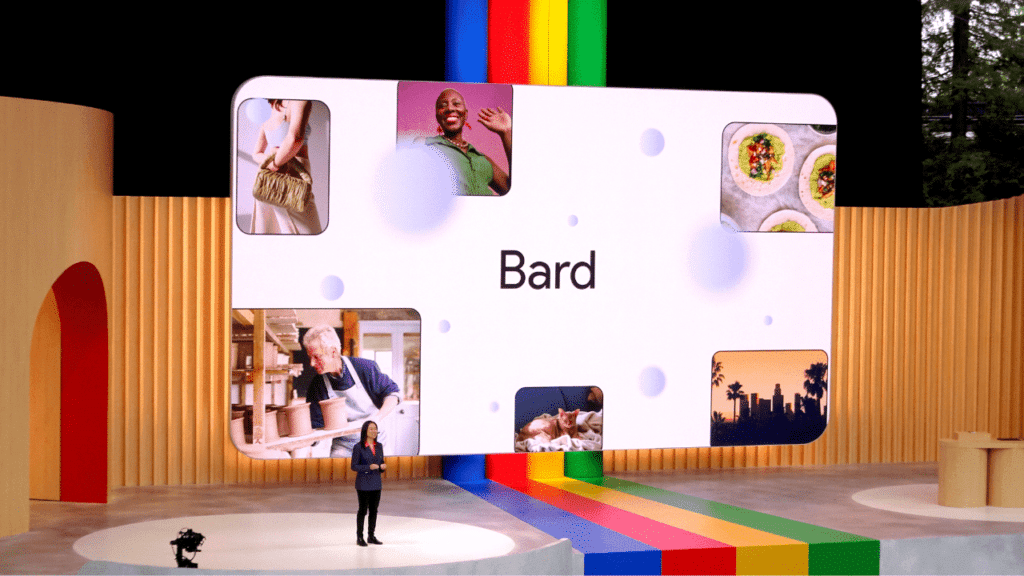
While Google has changed to address privacy concerns, the EU regulators are paying attention to data protection impact assessments (DPIA) and the legal basis for processing. The DPIA for Bard will be part of the review. Despite the improvements, concerns persist about generative AI’s potential misuse, data quality, and privacy. Google has provided user controls through the Bard Privacy Hub, such as limiting access to users aged 18+ and data retention options.
Comparatively, OpenAI’s ChatGPT faced regulatory scrutiny from the Italian DPA earlier this year, leading to a temporary suspension in Italy. OpenAI made adjustments, including adding privacy disclosures and age gates, to resume service. Several EU DPAs are investigating ChatGPT, and the EDPB task force is seeking common enforcement positions on AI chatbots. However, each authority may have different approaches, as seen with France’s CNIL’s focus on protecting publicly available data against scraping. The regulatory landscape for AI chatbots remains complex and may lead to incomplete consensus among EU DPAs.
Microsoft introduces Bing Chat for enterprise use
Microsoft introduced Bing Chat Enterprise, an AI-powered chatbot experience tailored for businesses, during its annual Inspire conference. This version of Bing Chat offers data privacy and governance controls to ensure sensitive information remains protected. With concerns over data security, Bing Chat Enterprise prevents Microsoft from accessing customer data used to train AI models. The new offering allows commercial customers to benefit from AI tools while safeguarding their data.
The chatbot is similar to Bing Chat, capable of answering queries in text, graphs, charts, and images. Upcoming features, like Visual Search, will allow it to respond to questions about uploaded images and search-related content on the web. Bing Chat Enterprise is available for preview and accessible through Bing.com/chat, Microsoft Edge sidebar, and Windows Copilot. It’s free to Microsoft 365 subscribers and will also be available as a standalone offering for $5 per user per month in the future.
Stability AI launches Stable Doodle: a user-friendly sketch-to-image tool
Stability AI, known for its image-generating model Stable Diffusion, has launched Stable Doodle, a new service that converts sketches into visually pleasing images. This sketch-to-image tool leverages the Stable Diffusion XL model along with Tencent’s T2I adapter to provide more precise control over image generation.
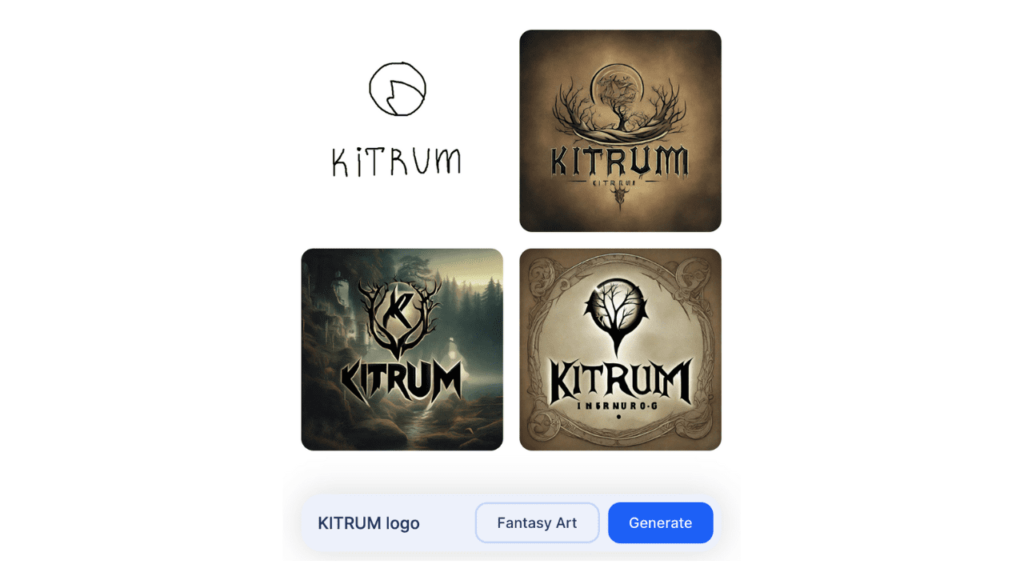
Stable Doodle is user-friendly and suitable for both professionals and beginners, allowing anyone with basic drawing skills to create high-quality original images in seconds. The tool accepts sketches and prompts, supporting 14 styles of art.
While Stability AI envisions it as a time-saving tool for designers and illustrators, the output image quality depends on the initial drawing’s detail and the descriptiveness of the prompt. Stable Doodle is offered for free but has certain limits. The release of this tool comes as Stability AI seeks new revenue sources following a recent funding round of $25 million.
Elon Musk creates a new AI to understand “reality”
Elon Musk has launched a new organization called xAI with the ambitious goal of understanding the true nature of the universe. The team comprises 12 members, including veterans from DeepMind, OpenAI, Google Research, Microsoft Research, Tesla, and the University of Toronto. xAI’s mission is yet to be fully revealed, but the Center for AI Safety director will advise it and will work with Twitter and Tesla. Speculations suggest that xAI may focus on creating a text-generating AI to maximize truth-seeking capabilities. Musk’s interest in AI has grown over the years, leading to the establishment of xAI after his split with OpenAI. He aims to build an AI that seeks truth and has been critical of OpenAI’s commercial direction.
Apps
Google’s Nearby Share for Windows app is now available
Google has officially launched its Nearby Share app for Windows PCs, making it easier to share files across different devices. The beta version was installed by over 1.7 million users, with 50 million files transferred between PC and Android devices. The release includes new features such as estimated file transfer times and image previews in device notifications. Google also collaborates with HP to integrate Nearby Share into select Windows PCs, aiming for seamless sharing between Android and PC. To use the app, users must enable Wi-Fi and Bluetooth on their PCs and ensure devices are within 16 feet of each other for file transfers.
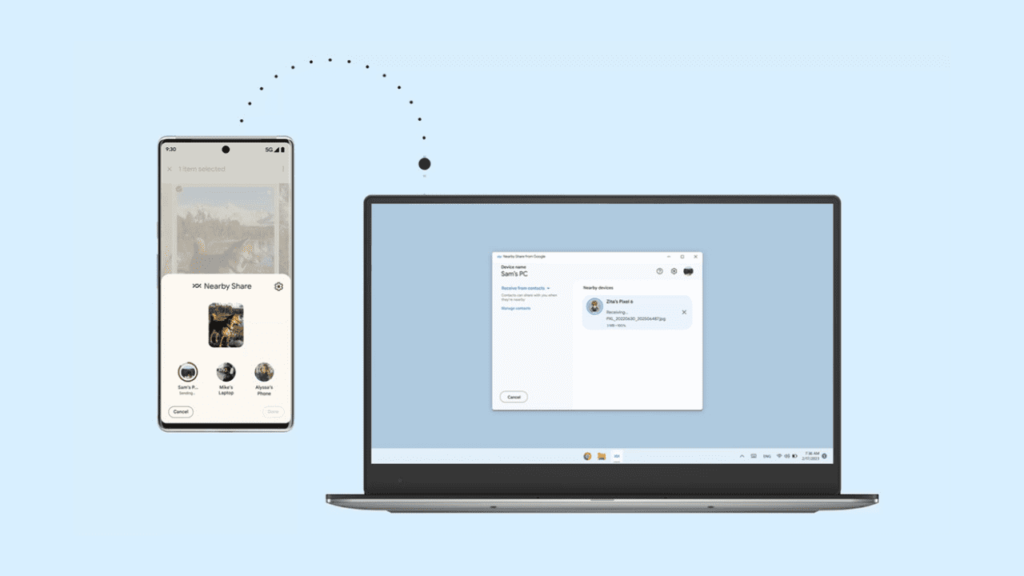
Source: Google
Security
Microsoft misplaced its security keys, leading to a government breach
Microsoft is still investigating how China-backed hackers managed to steal a key that allowed them to access email inboxes, including those of several federal government agencies. The incident was attributed to an espionage group known as Storm-0558, with a strong link to China. The hackers targeted undisclosed vulnerabilities in Microsoft’s cloud and used a consumer signing key to forge tokens and break into enterprise inboxes. Microsoft has blocked all actor activity related to the incident and notified those affected. However, the company is now facing scrutiny over its handling of the breach and its lack of visibility into government department intrusions.

